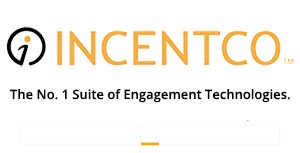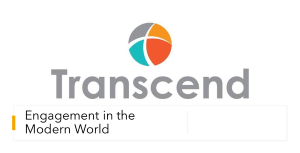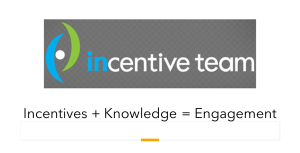News Analysis: Could Engagement Investments Come From Stock Buyback Funds?
Since 2004, U.S. public companies are estimated to have spent $6.9 trillion in stock buybacks that could have achieved better results through investments in human capital, engagement and innovation.
By Bruce Bolger
By any objective measure, formal investments in engaging the people critical to an organization’s success provides a long-term return, and more major investors know it. See ESM: "S.E.C. Petitioned to Mandate Disclosure of Human Capital Investments, Engagement." Or, consider the latest results of the EEA’s Engaged Company Stock Index—up nearly 30% over the S&P 500 index since Oct. 1, 2012. Yet, public companies continue to use stock buybacks to boost share price performance, even though it’s difficult to find any research showing that this strategy provides little more than a short-term boost to share price performance.
The Academic Industry Research Network reported more than $6.9 trillion has gone into stock buybacks since 2004, yet ESM couldn’t find any research or expert insight more than lukewarm to support the long-term benefits.
An article on the NASDAQ market website says: “Successful companies inevitably get around to returning cash to investors, whether that’s through repurchasing shares or regular dividend payments. Buybacks have been the weapon of choice lately, feeding investors with strong earnings and climbing stock prices. However, stock buybacks are not always the golden ticket to returns and should be viewed with caution.”
An article on Money Morning Capital at Moneymorning.com finds that “the excess number of buybacks is becoming a problem. Many large corporations are issuing buybacks to cover up their financial troubles. ‘I'm not all that sure that they aren't way out of control,’ said Money Morning Capital Wave Strategist Shah Gilani. ‘Buybacks are the biggest part of what we now call financial engineering.’
An article on CNBC.com’s website last year asserts that “companies that do buybacks do worse over time.”
Why do public companies focus on share buybacks? The answer is simple: most CEO’s are measured on short-term earnings-per-share results that provide a clear incentive to focus on short-term actions. As the Human Capital Management Coalition clearly articulated in its petition to the Securities & Exchange Commission, organizations dedicated to providing long-term, sustainable returns for investors focus on investments in people and innovation, as opposed to what the Money Morning strategist calls “financial engineering.”
The pressure for change eventually will come from the Board Directors and CEO’s who listen to investors and look at the analytics and economics of human capital investments and engagement.
In the past, CEO’s could feign ignorance of proof of any tangible connection between engagement and financial results, or of any formal processes to guide them on a systematic approach to making that connection. Because of the overwhelming body of research and common sense supporting an enterprise approach to engagement, the existence of ISO quality management principles and 10018 people management guidelines already in place, and the growing numbers of investors who have discovered the material impact of engagement on share price performance, it’s only a matter of time before we see at least some of that buy-back money focused on more sustainable ways to improve share price performance over time.


















